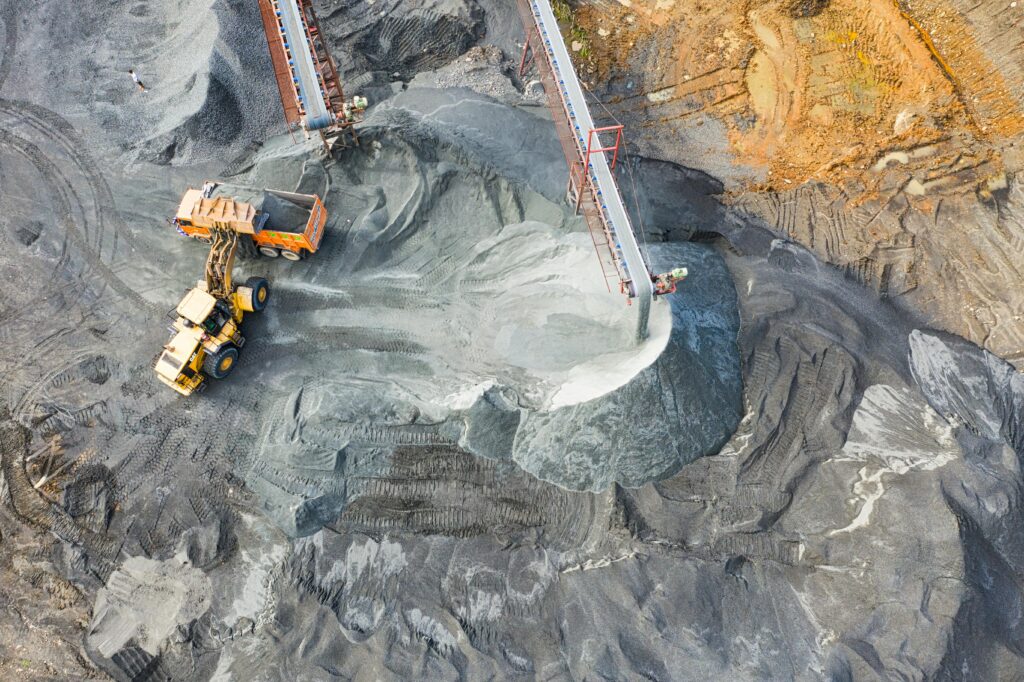Introduction
Botswana, a country known for its political stability and economic growth, holds one of Africa’s largest untapped coal reserves. For decades, coal has remained an underutilized resource, but recent global energy demands, economic shifts, and the country’s vision for energy security have sparked renewed interest in Botswana’s coal industry. While coal presents immense opportunities for economic growth, it also comes with environmental and geopolitical concerns that Botswana must carefully navigate.
The Pros of Botswana’s Coal Industry
1. Economic Growth and Job Creation
Coal mining and exportation provide a significant boost to Botswana’s economy. Developing the coal industry can create thousands of direct and indirect jobs in mining, transportation, and energy sectors.
2. Energy Security and Reduced Dependence on Imports
Developing local coal-fired power plants would enhance energy security by reducing reliance on external sources, ensuring a more stable and independent energy supply for industries and households.
3. Export Potential and Foreign Exchange Earnings
With coal demand still high in Asian markets, particularly in India and China, Botswana has an opportunity to become a key coal exporter. Exporting coal could generate substantial revenue, strengthen foreign exchange reserves, and contribute to national development projects.
4. Diversification of the Economy
Botswana’s economy has long been dependent on diamond mining, making diversification crucial. A well-managed coal industry could offer an alternative revenue stream, making the economy more resilient against fluctuations in diamond prices.
5. Infrastructure Development
Expanding the coal industry would require improvements in rail, road, and energy infrastructure. These developments could benefit multiple sectors, enhancing trade routes and economic activities beyond coal mining.
The Cons of Botswana’s Coal Industry
1. Environmental Impact and Climate Concerns
Coal mining and combustion contribute to deforestation, air pollution, and greenhouse gas emissions. Botswana, like many other nations, faces growing pressure to transition toward renewable energy and reduce its carbon footprint.
2. Water Scarcity Issues
Botswana is a water-scarce country, and coal mining is water-intensive. The extraction, processing, and power generation from coal require substantial water resources, potentially straining local supplies and impacting communities reliant on groundwater.
3. Global Shift Away from Coal
Many countries, financial institutions, and investors are moving away from coal in favor of renewable energy sources. Botswana risks investing in an industry that may become less viable in the long term due to international climate policies and declining coal demand.
4. Health Hazards
Coal mining and combustion can cause serious health issues, including respiratory diseases among workers and communities living near mining sites. Airborne pollutants such as sulfur dioxide and particulate matter can lead to long-term health complications.
5. High Initial Investment Costs
Developing large-scale coal projects requires substantial capital investment in mining operations, transport networks, and power stations. Without guaranteed long-term demand, these projects pose financial risks, especially if global coal prices fluctuate.
The Way Forward for Botswana’s Energy Industry
Given the pros and cons of coal development, Botswana must adopt a balanced approach to its energy future. Here are some key strategies the country should consider:
1. Accelerate Renewable Energy Investments
The country has vast solar energy potential due to its geographical location. Increasing investments in solar farms and hybrid energy solutions can help Botswana transition toward a more sustainable energy mix while reducing long-term reliance on coal.
2. Develop a Phased Coal Transition Strategy
Rather than an abrupt shift away from coal, Botswana should adopt a gradual transition plan. By simultaneously developing coal resources and renewable energy projects, the country can ensure energy security while meeting global sustainability goals.
3. Strengthen Environmental Regulations
To mitigate negative environmental impacts, Botswana should enforce strict regulations on coal mining activities. Monitoring carbon emissions, water usage, and land rehabilitation will be essential in balancing coal development with sustainability.
4. Develop Workforce Training Programs
As the energy landscape evolves, investing in workforce training programs will be crucial. Upskilling workers in renewable energy, clean coal technologies, and energy management can ensure smooth industry transitions and job security.
Conclusion
Botswana’s coal industry presents both immense opportunities and significant challenges. While coal can drive economic growth, energy security, and job creation, it also raises environmental, health, and financial concerns.
A strategic, forward-thinking approach that balances coal development with renewable energy investments will be essential for Botswana’s long-term energy sustainability. By leveraging its coal resources responsibly while preparing for a cleaner energy future, Botswana can position itself as a leader in Africa’s evolving energy landscape.
